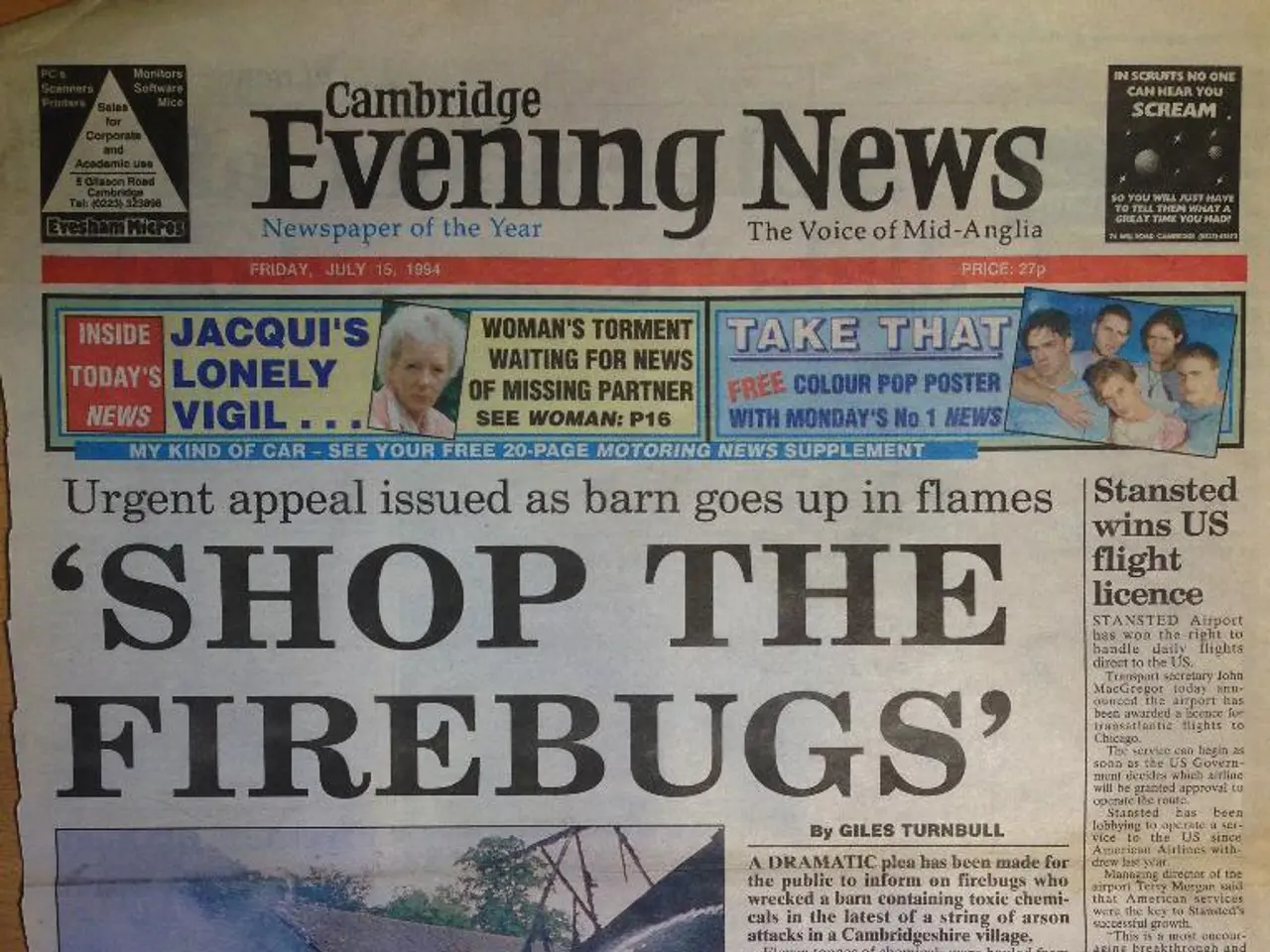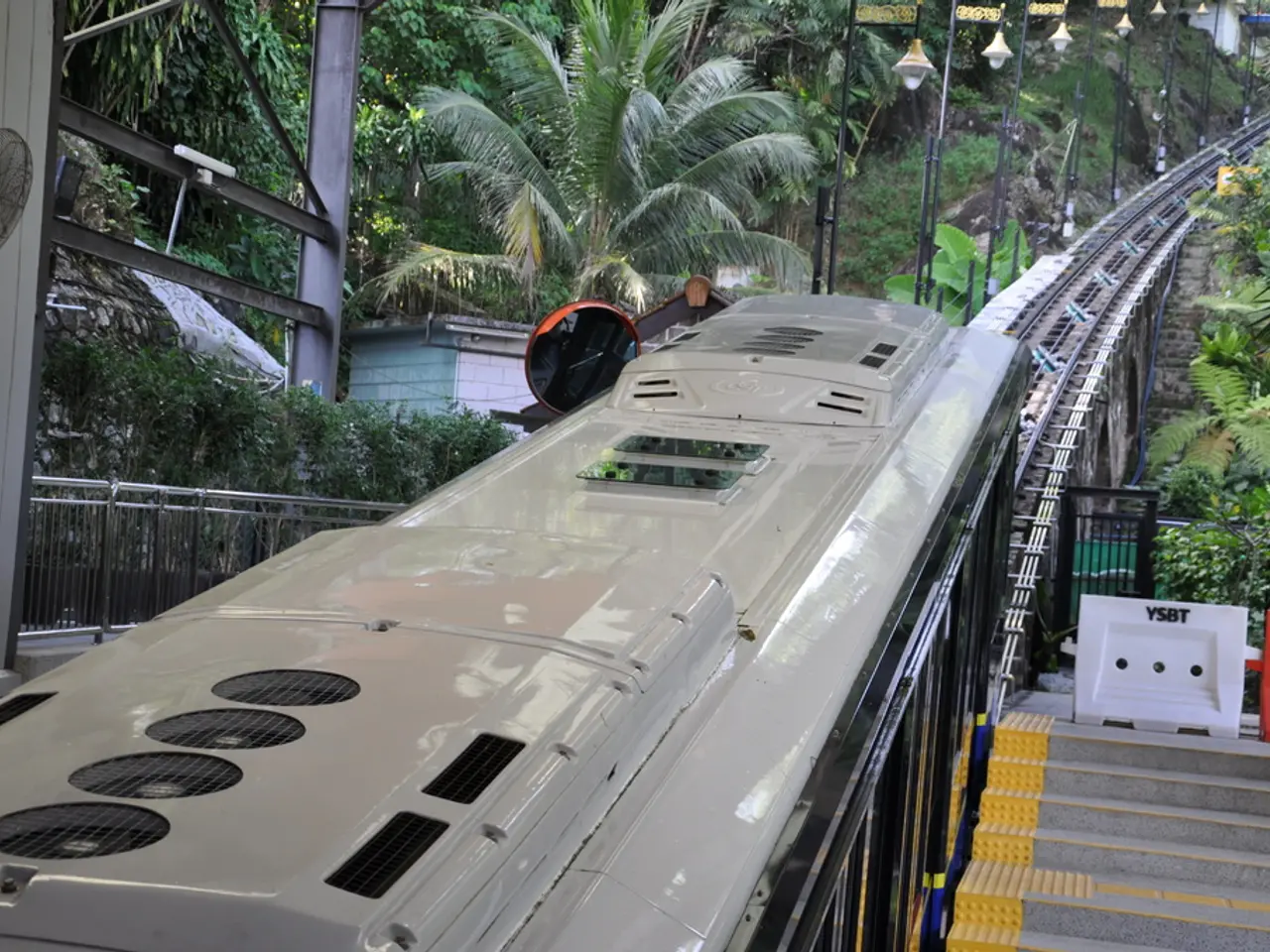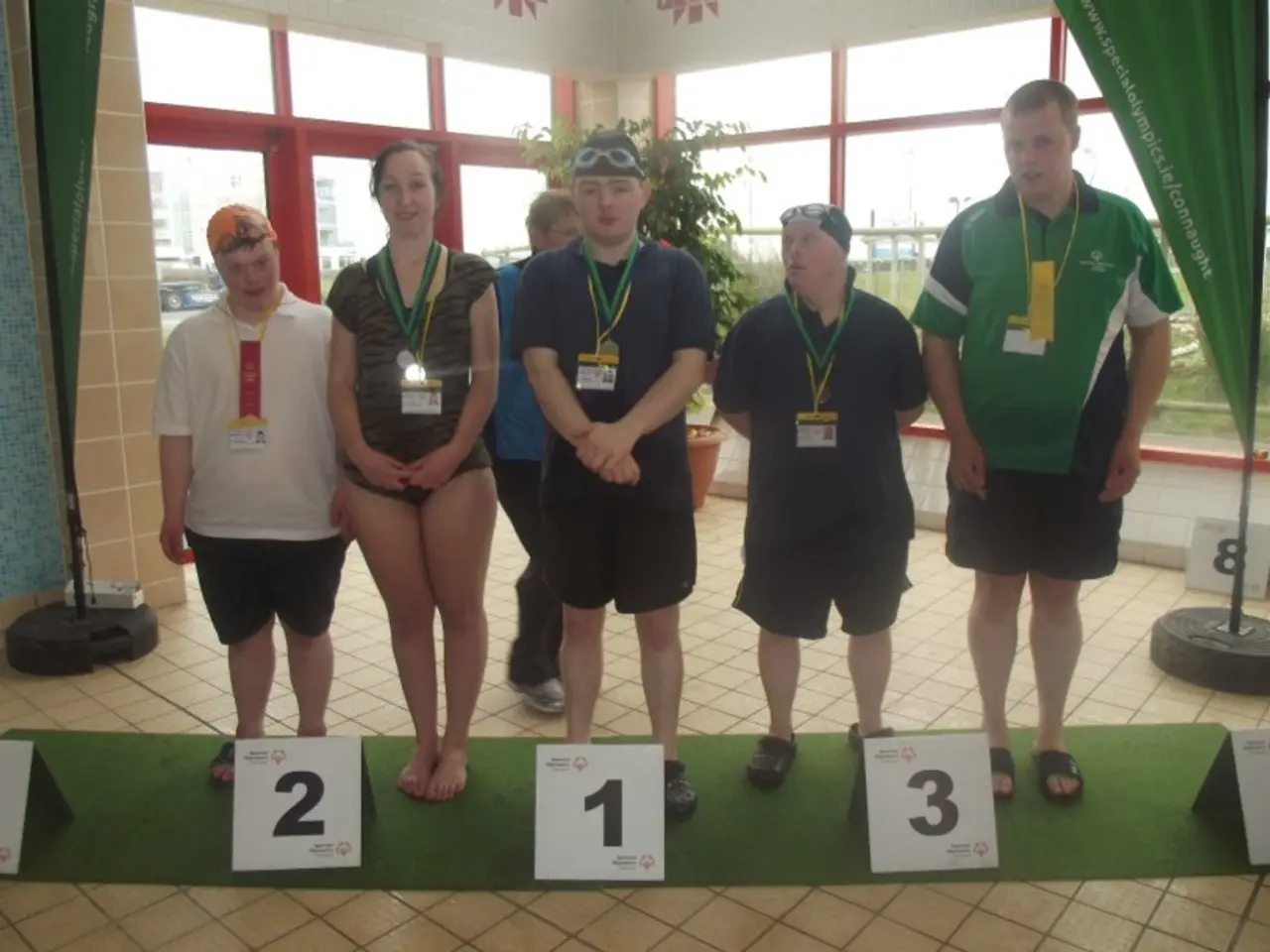"Parliament faces a significant security lapse in the Shimaneck affair"
In a recent development, René Schimanek, the former chief of staff to National Council President Walter Rosenkranz, is under investigation for violations of the Prohibition and Weapons Act. The Krems public prosecutor's office is leading the investigation.
Emails surfaced in late February showing Schimanek's contacts with the right-wing extremist German "Saxon Separatists", which led to his contract termination. Additionally, large quantities of ammunition and NS memorabilia were found in a forest house in Langenlois, where Schimanek was registered.
The investigation has sparked controversy, with Green MP Lukas Hammer finding it scandalous that Schimanek had access to confidential files, committees, and personal data without a security review. This tightened security does not apply to employees of the second-highest office of the Republic, a fact revealed in a response to a question from Hammer.
Rosenkranz stated that the constitutional protection service had not reviewed Schimanek, as a "security review is not legally provided for". However, it's worth noting that if a parliamentary journalist's security check is negative, access to the House is denied.
Schimanek denies the allegations, and the presumption of innocence applies.
In an effort to address the security concerns, Hammer suggests that Rosenkranz should implement security checks for employees without the need for a change in the law. However, there is no information provided about any plans to change the current security measures for employees of the second-highest office of the Republic.
In parliamentary systems, security checks typically depend on the role and risk profile of the employees. Journalists and other parliamentary staff might undergo security screening because they have regular access to sensitive areas, interact with multiple officials, or handle information that could pose security concerns. Employees directly employed by the National Council President's office may be considered trusted staff with a different level of clearance or may be subject to internal vetting procedures that are not publicly detailed, leading to less formalized or visible security checks.
For precise details, consulting Austrian parliamentary or government security policy documentation or official statements from the National Council would be necessary.
- The current investigation into René Schimanek's alleged violations of the Prohibition and Weapons Act, coupled with the general news of his contacts with the right-wing extremist German "Saxon Separatists" and the findings of ammunition and NS memorabilia, raises questions about the policy-and-legislation and politics surrounding security checks for employees in parliamentary systems, particularly in the second-highest office of the Republic.
- The controversy over the security measures for employees in the National Council President's office, as highlighted by Green MP Lukas Hammer's suggestions for enhanced security checks, underscores the importance of crime-and-justice issues in the context of policy-and-legislation and politics, urging a closer examination of current practices and potential reforms in this area.








